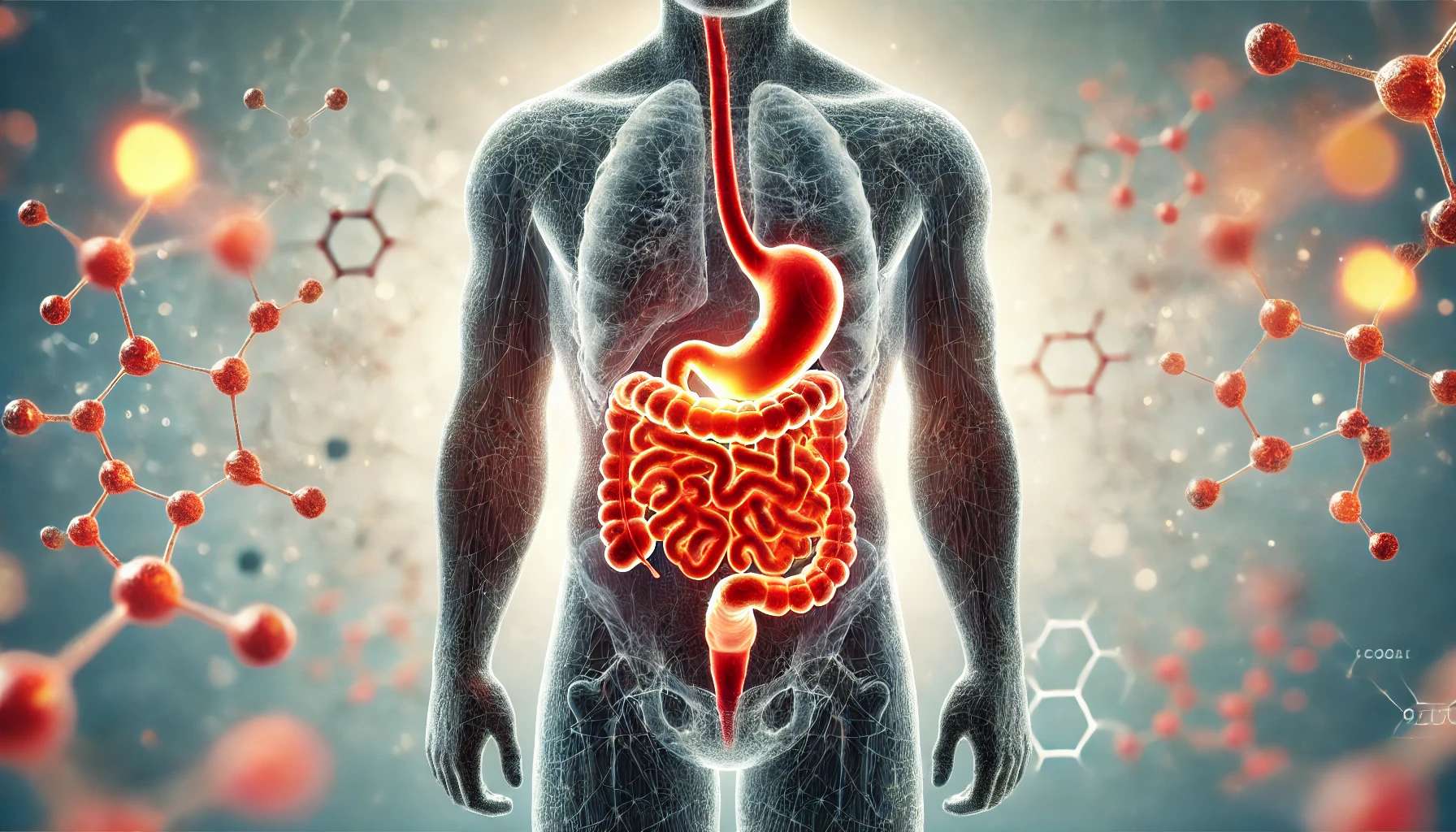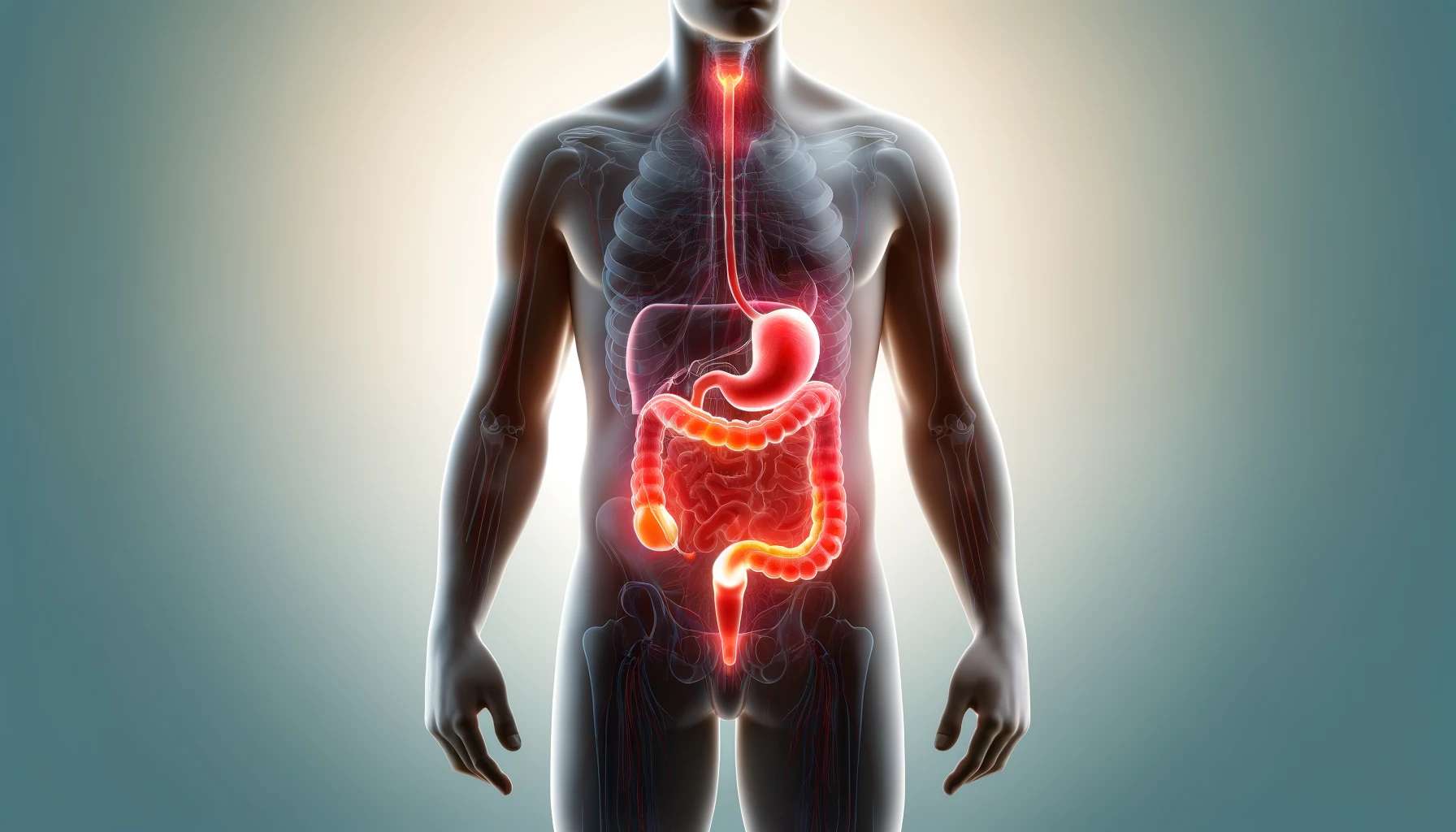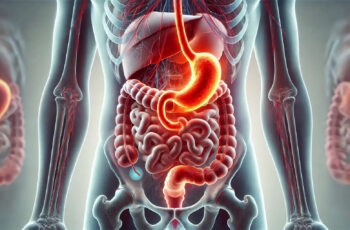Ad Blocker Detected
Our website is made possible by displaying online advertisements to our visitors. Please consider supporting us by disabling your ad blocker.
Irritable Bowel Syndrome (IBS) might sound like just another medical term, but for those who live with it, it’s a frustrating, disruptive, and often misunderstood condition. It targets the large intestine, making normal digestive functions feel like an uphill battle. Bloating, abdominal pain, and unpredictable bowel habits become part of life. Despite its prevalence, IBS remains a riddle wrapped in complexity. Let’s dive into the nuances of this condition—exploring Information about Irritable Bowel Syndrome, its causes, symptoms, and more.
Information About Irritable Bowel Syndrome
At its core, IBS is a functional gastrointestinal disorder. That means the gut isn’t physically damaged, but something’s gone awry in the way the brain and gut communicate—like two people trying to talk on a crackling phone line. This sets IBS apart from inflammatory bowel diseases like Crohn’s or ulcerative colitis, which involve visible intestinal damage.
But what causes Irritable Bowel Syndrome? The answer is messy. The gut-brain axis is a key player. When this complex communication system glitches, it can heighten intestinal sensitivity, triggering pain or discomfort from ordinary digestion. For some, IBS emerges after a severe gastrointestinal infection—post-infectious IBS. Others may find their symptoms tied to changes in their gut microbiome, that invisible army of bacteria that keeps digestion running smoothly.
Now, is Irritable Bowel Syndrome a disability? That’s a nuanced question. Legally, it depends on the severity. If symptoms are intense enough to disrupt daily activities—making work or personal life a Herculean task—it could qualify for disability benefits. While IBS doesn’t damage the gut permanently, its chronic nature can have a lasting impact on quality of life.
Symptoms of Irritable Bowel Syndrome
IBS symptoms can feel like a game of chance—unpredictable and wildly variable. Symptoms of Irritable Bowel Syndrome include abdominal pain, bloating, and erratic bowel movements. These might manifest as IBS-D (diarrhea-dominant), IBS-C (constipation-dominant), or IBS-M (a chaotic mix of both). Nausea, fatigue, and mucus in the stool can also make unwelcome appearances.
So, how can Irritable Bowel Syndrome be diagnosed? Unlike conditions with clear-cut tests, IBS is a diagnosis of exclusion. Doctors rule out similar issues like celiac disease or inflammatory bowel disease through medical history, physical exams, and tests such as colonoscopies or stool analyses. The Rome IV criteria provide a structured approach—requiring recurring abdominal pain over three months alongside specific bowel changes.
And here’s the real question: When to worry about Irritable Bowel Syndrome? While IBS itself isn’t life-threatening, symptoms like rapid weight loss, rectal bleeding, or unrelenting pain are red flags. These could indicate a more serious condition and demand immediate medical attention.
Irritable Bowel Syndrome Risk Factors
IBS doesn’t strike out of the blue. Several factors increase the odds of developing it. A family history of the condition, prior gastrointestinal infections, and mental health challenges—especially anxiety and depression—all play a role. Hormones are another wildcard, explaining why women are more likely to experience IBS.
But how does Irritable Bowel Syndrome affect the body? It’s not just a gut issue. Chronic diarrhea or constipation can lead to secondary problems like hemorrhoids or, in rare cases, nutritional deficiencies. Beyond the physical, IBS takes a toll on mental health, sleep, and overall energy, creating a ripple effect that impacts daily life.
And what are the complications of Irritable Bowel Syndrome? While IBS doesn’t cause conditions like cancer, its persistent symptoms can drive people toward social isolation, strained relationships, or reduced productivity. It’s not life-threatening, but it can feel life-altering without proper management.
How to Treat Irritable Bowel Syndrome
The golden question: How can Irritable Bowel Syndrome be cured permanently? Unfortunately, a true cure remains elusive. But managing symptoms? That’s entirely possible. Treatment often starts with dietary tweaks, lifestyle changes, and targeted medications.
Let’s talk food—how treat Irritable Bowel Syndrome at home? One word: triggers. Identifying and avoiding them can significantly improve symptoms. Common offenders include foods high in FODMAPs (fermentable carbohydrates), caffeine, dairy, and artificial sweeteners. A food diary can work wonders in pinpointing problem areas. The low-FODMAP diet, guided by a dietitian, has become a game-changer for many.
Medications also play a role. Antispasmodics can reduce pain, laxatives help with constipation, and anti-diarrheal drugs manage, well, diarrhea. Some patients even find relief with low-dose antidepressants, which regulate the gut-brain axis.
Probiotics, yoga, mindfulness, and hydration round out a comprehensive approach. Managing IBS is like solving a puzzle—success comes piece by piece.
How to Prevent Irritable Bowel Syndrome
Prevention isn’t a guarantee, but it’s not entirely out of reach either. How to prevent Irritable Bowel Syndrome starts with a balanced, fiber-rich diet and avoiding over-processed foods. Regular exercise and stress management—whether it’s through meditation, journaling, or a hobby you love—can also keep your gut and brain in sync.
Being proactive is key. If you’re prone to gastrointestinal issues, seek early treatment for infections to avoid complications. And stay informed—knowledge about IBS is like armor against the chaos it can bring.
Living with IBS is no walk in the park, but it’s not an insurmountable mountain either. By understanding Information about Irritable Bowel Syndrome, its causes, and how to manage it, individuals can regain control and improve their quality of life. So, whether it’s tweaking your diet, consulting a specialist, or learning to identify triggers, the road to relief starts with taking that first step. Share Healt!
Disclaimer: This article is for informational purposes only and not a substitute for medical advice. Always consult a healthcare professional regarding IBS or any other health condition.




